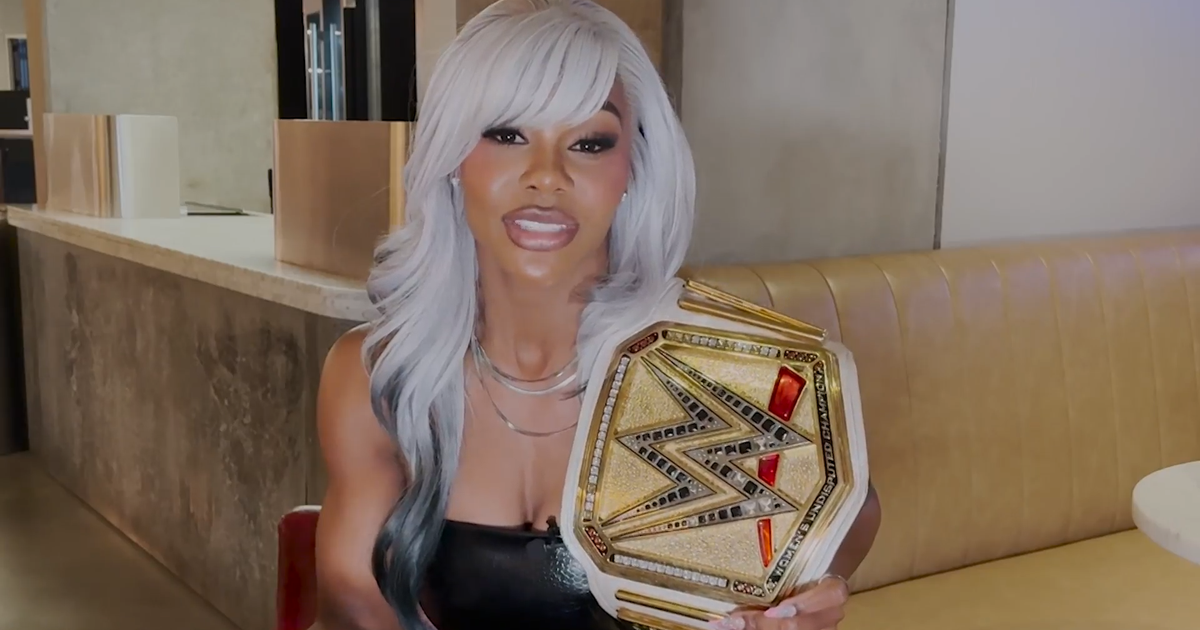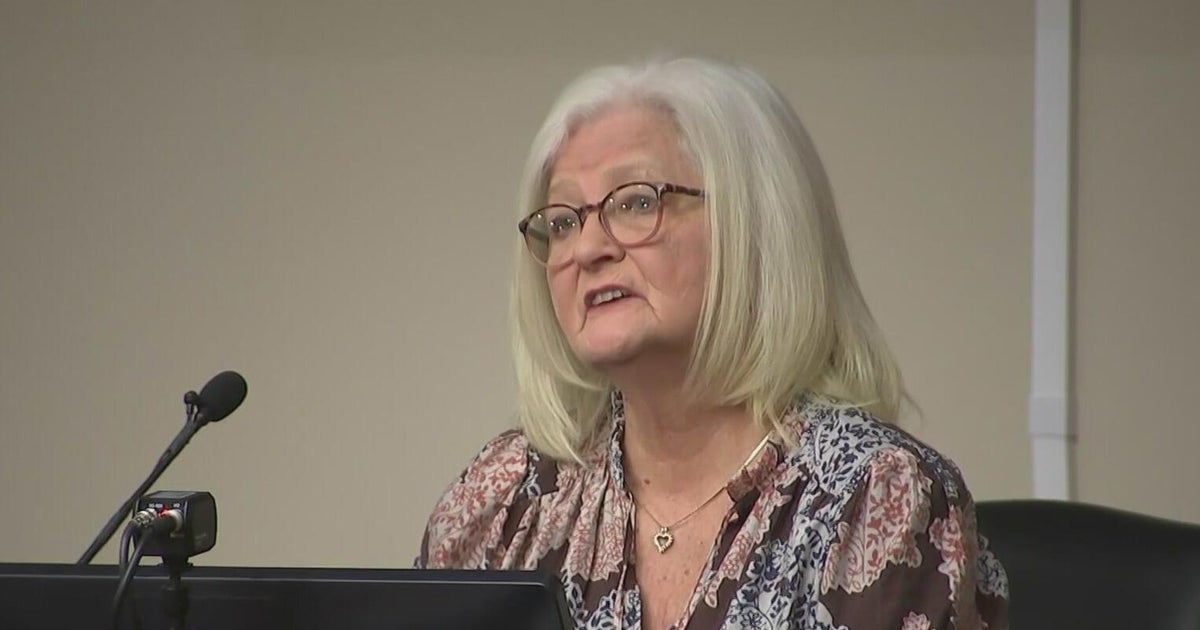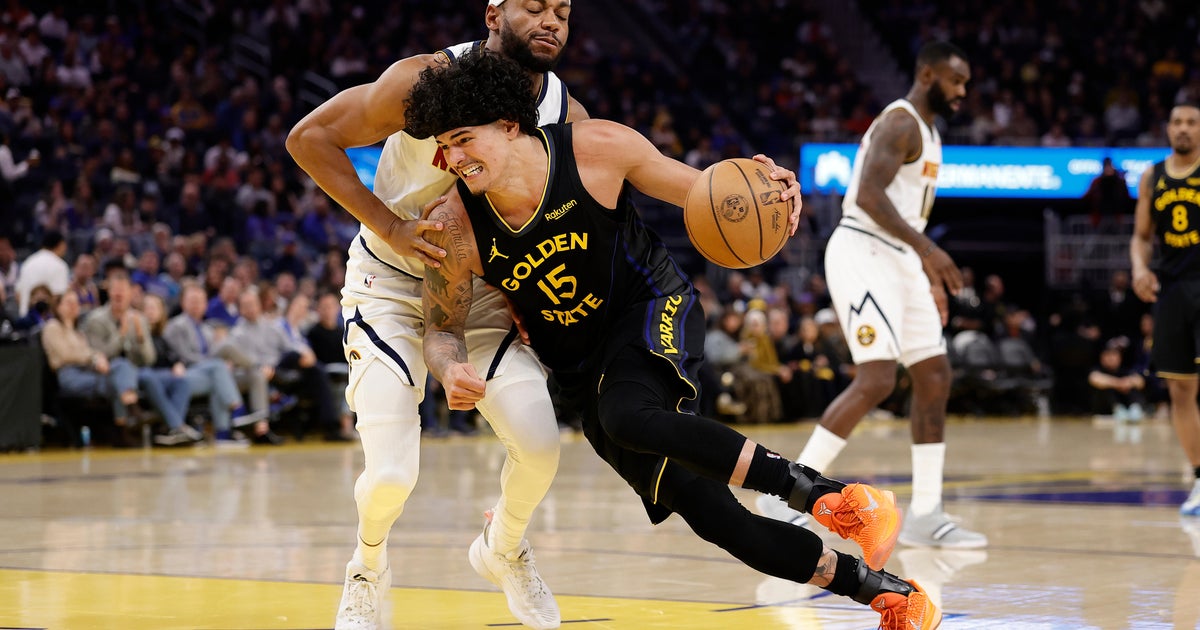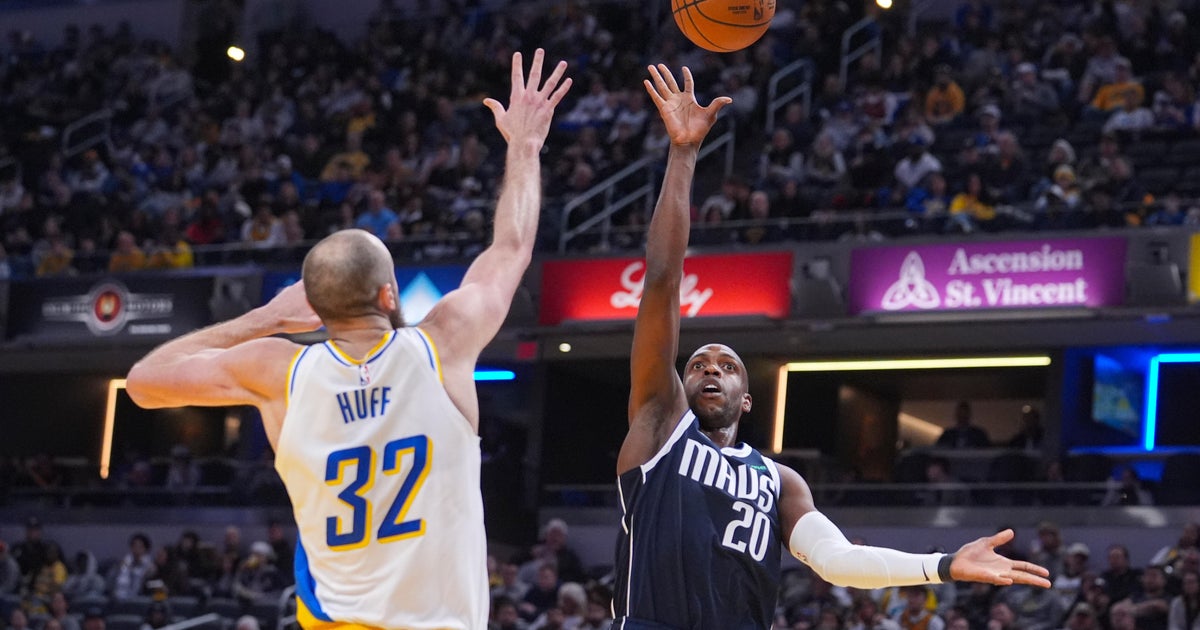Penguins Perspectives: It's the hope that kills you
Welcome to Penguins Perspectives, a weekly column by KDKA-TV Digital Producer Patrick Damp. Each Monday, Patrick will talk about the week that was, the week to come, what to watch for, and more.
PITTSBURGH (KDKA) – This past summer, we all sat in front of our televisions watching a fictional group of kids in Hawkins, Indiana fight against the supernatural being "Vecna" in the fourth installment of the hit show Stranger Things.
There was even a reference to our fair city in the first episode with cans of Iron City Beer on the set.
The ominous tick-tock of a grandfather clock was his calling card.
Once you heard those bells ringing and that clock ticking…it was too late.
For these Penguins, it might be too late. They're clinging onto the final playoff spot in the eastern conference, they can't string together more than two wins, and as for winning a game in their division? Well, it hasn't happened since December 20.
They haven't been able to get consistent or healthy goaltending all season long. Jarry has been bordering on great when healthy, but that hasn't been often. Casey DeSmith and Dustin Tokarski have swung between capable and sub-professional.
As for the bottom six? They've managed 33 goals in total and quite a few of those have come when there isn't a goaltender inside the goal.
The Penguins are fading and they're fading fast.
Honestly, if we can peel back the curtain, it shouldn't be that much of a surprise, either.
I'll be the first to admit, when Jim Rutherford announced his abrupt resignation and it became clear that Ron Hextall was a frontrunner for the job, I was excited. Rutherford's management style is extremely high-risk and high reward. When he would deal names you wouldn't expect or think should be dealt, it could result in success or complete disaster – see Hagelin, Carl – so getting the antithesis was cause for some optimism.
Locker room favorites and key players wouldn't be traded away on a whim and a more methodical approach would take place, something that was likely needed in the twilight of the Crosby-Malkin-Letang era.
Maybe, and this isn't a longing for Rutherford's return column, those big swings were more valuable than once thought.
After just a couple of seasons, Hextall has had some gems to be certain – getting the big names back on team-friendly deals was a stroke of brilliance. Acquiring Rickard Rakell at the deadline and managing to bring him back in an offseason where you needed to re-sign franchise icons was another home run.
The problem is, Ron is now akin to a power hitter, but the swings aren't big – they're simply just swings of hope.
Jeff Carter was a magnificent acquisition in the 2021 COVID-shortened season. It appeared to be a career renaissance for a once-lethal NHL sniper. When the lights came on, Jeff Carter came to play.
Hoping that would last, however, was one of those swings.
So far this season, Carter has had goalless droughts of 11 games twice, 7 games twice, and currently hasn't scored in the last four games. That's 40 out of 52 games played.
Sure, your third-line center doesn't have to be a leading goal-scorer, but when you're making $3.125 million, eight goals and 20 points are not nearly enough.
The same can be said for his linemate Kasperi Kapanen.
Acquired by Rutherford prior to the 2021 shortened season, Kapanen was expected to be a top-six contributor but has been anything but.
After last season, scoring a mere 11 goals and 32 points, Hextall decided it was wise to reward him with a two-year $3.2 million per season contract.
Nearly $6.5 million for a player who has just once in his career reached the 20-goal mark.
Again, hoping that would change was a swing at pitch nowhere near the strike zone.
Meanwhile, the team has also let several good players walk out the door.
While I don't think Seattle would've taken Jeff Carter, I understood the logic of trading Jared McCann for an asset and forcing Seattle to take Tanev's contract, but given what the Penguins have as depth right now, both of them are sorely missed.
It was another swing of hope expecting the likes of Brock McGinn and Danton Heinen to replace those two has become nightmarish for Penguins fans to explore. McGinn and Heinen have combined for 15 goals this season, while McCann and Tanev have teamed up for 36 with the Kraken.
Right now, the Penguins are paying their stars, Crosby-Malkin-Letang a combined $20.9 million against the cap. Truly, for what they're getting out of those three, it's a bargain.
Here's the rub: when the Penguins won their second Stanley Cup in as many years, the three of those players made a combined $25.45 million and that doesn't factor in the cap hit of Phil Kessel who was making $6.8 million against the salary cap, which at the time was $77 million.
This year it's $84 million and somehow, with the stars on better deals and more cap space, the Penguins find themselves a considerably worse roster, even as Crosby, Malkin, Guentzel, and Rakell have all eclipsed 20 goals.
Think about that – the Penguins have the most 20-goal scorers in the National Hockey League and yet, they can't get much higher than the second wild-card spot.
The NHL trade deadline is in less than two weeks and the Penguins right now have subpar goaltending, a top-heavy forward group, and a defense that can't move the puck well enough to play their coach's preferred system.
While it's fair to question everyone and everything around the Penguins, the man in the general manager's office might be the best place to start.
He brought the stars back, as he very much should have, but the supporting cast around them is past their prime, unproductive, and likely overpaid.
In National Hockey League, hope is not a strategy but the Penguins better hope they realize a change is needed.
Otherwise, the clock is set to strike midnight on a golden era of Penguins hockey.







